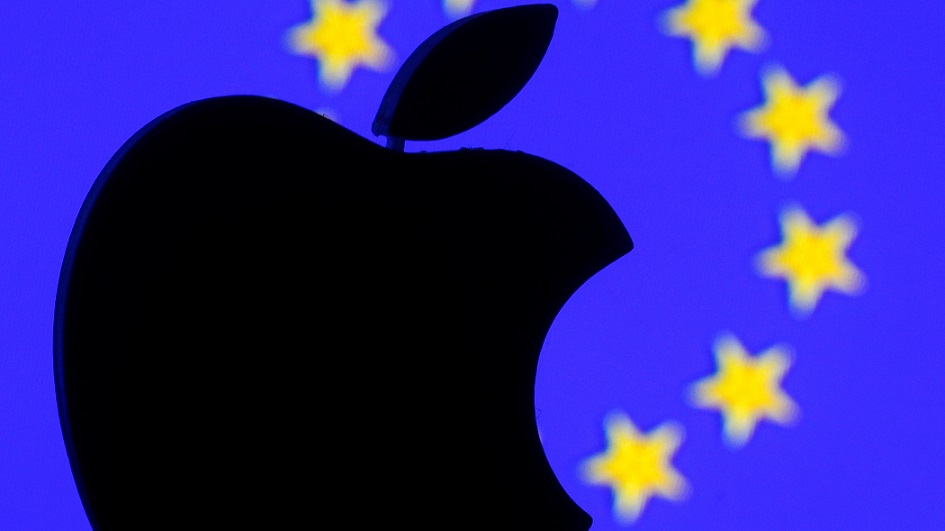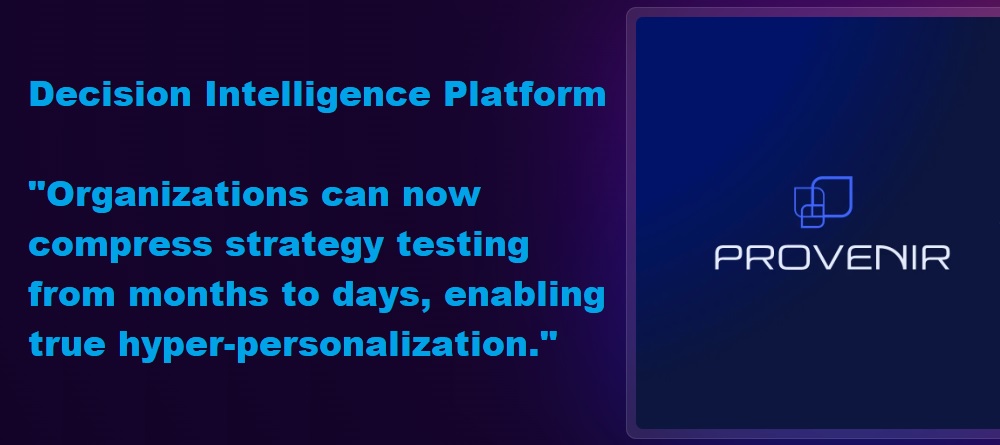Commission accepts commitments by Apple opening access to ‘tap and go’ technology on iPhones

The European Commission has made commitments offered by Apple legally binding under EU antitrust rules. The commitments address the Commission’s competition concerns relating to Apple’s refusal to grant rivals access to a standard technology used for contactless payments with iPhones in stores (‘Near-Field-Communication (NFC)’ or ‘tap and go’).
The Commission’s competition concerns
Apple Pay is Apple’s own mobile wallet used to allow iPhone users to pay with their devices in stores and online. Apple’s iPhones run exclusively on Apple’s operating system ‘iOS’. Apple controls every aspect of its ecosystem, including access conditions for mobile wallet developers.
The Commission preliminarily found that Apple has significant market power in the market for smart mobile devices and a dominant position on the in-store mobile wallet market on iOS. Apple Pay is the only mobile wallet that may access the NFC hardware and software (‘NFC input’) on iOS to make payments in stores, as Apple does not make it available to third-party mobile wallet developers.
In its investigation, the Commission preliminarily concluded that Apple abused its dominant position by refusing to supply the NFC input on iOS to competing mobile wallet developers, while reserving such access only to Apple Pay.
The Commission’s preliminary view is that Apple’s refusal excluded Apple Pay’s rivals from the market and led to less innovation and choice for iPhone mobile wallets users.
Such behaviour may breach Article 102 of the Treaty on the Functioning of the European Union (‘TFEU’), which prohibits the abuse of a dominant position.
The commitments
To address the Commission’s competition concerns, Apple initially offered the following commitments:
To allow third-party wallet providers access to the NFC input on iOS devices free of charge, without having to use Apple Pay or Apple Wallet. Apple will enable access to NFC in Host Card Emulation mode (‘HCE’). HCE allows to securely store payment credentials and complete transactions using NFC, without relying on an in-device secure element.
To apply a fair, objective, transparent and non-discriminatory procedure and eligibility criteria to grant NFC access to third-party mobile wallet app developers.
To enable users to easily set an HCE payment app as their default app for payments in stores and to use relevant functionalities such as Field Detect (which opens the user’s default payment app when a locked iPhone is presented to an NFC reader), Double-click (which launches the default payment app when double clicking the phone’s side or home button), and authentication tools such as Touch ID, Face ID, and device passcode.
To establish a monitoring mechanism and separate dispute settlement system to allow for independent review of Apple’s decisions restricting access.
To apply the abovementioned commitments to all third-party mobile app developers established in the European Economic Area (‘EEA’) and to all iOS users with an Apple ID registered in the EEA, also while traveling temporarily outside the EEA.
Between 19 January 2024 and 19 February 2024, the Commission market tested Apple’s commitments and consulted all interested third parties to verify whether they would remove its competition concerns. In light of the outcome of this market test, Apple amended the initial proposal and committed:
To extend the possibility to initiate payments with HCE payment apps at other industry-certified terminals, such as merchant phones or devices used as terminal (so called SoftPOS), if this is enabled.
To explicitly acknowledge that HCE developers are not prevented from combining the HCE payment function with other NFC functionalities or use cases.
To remove the requirement for developers to have a licence as a Payment Service Provider (‘PSP’) or a binding agreement with a PSP to access the NFC input.
To allow NFC access for developers to pre-build payment apps for third party mobile wallet providers.
To update the HCE architecture to comply with evolving industry standards used by Apple Pay, and to continue to update standards even if they are no longer implemented by Apple Pay, under certain conditions.
To enable developers to prompt users to easily set up their default payment app and redirect users to the default NFC settings page, enabling defaulting with only a few clicks.
To comply with the same industry standard-specifications as developers of HCE payment apps and to protect confidential information obtained in the context of an audit.
To shorten deadlines for resolving disputes. Moreover, Apple offered additional independence and procedural guarantees for the monitoring trustee.
Dariusz Mazurkiewicz – CEO at BLIK Polish Payment Standard
Banking 4.0 – „how was the experience for you”
„To be honest I think that Sinaia, your conference, is much better then Davos.”
Many more interesting quotes in the video below:










